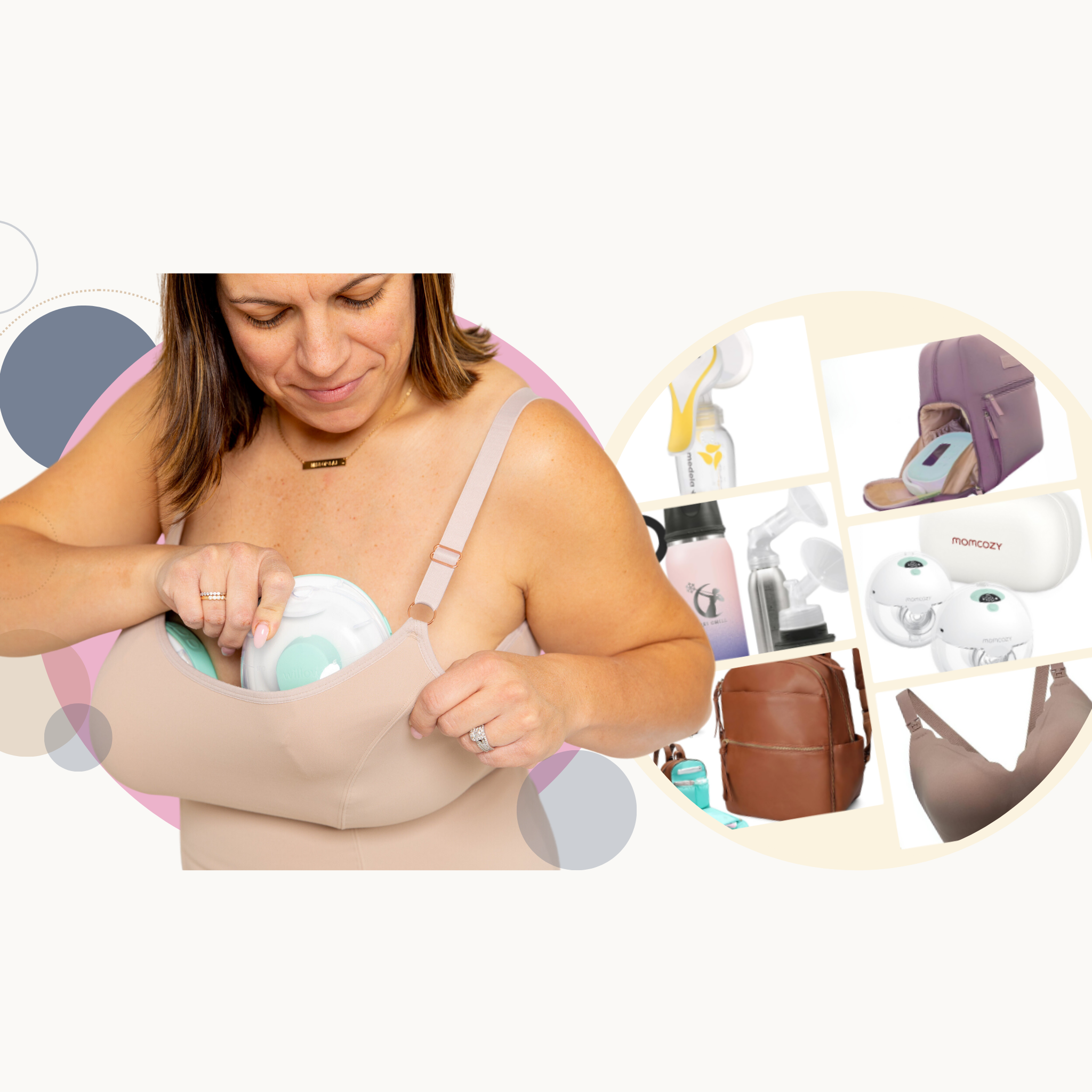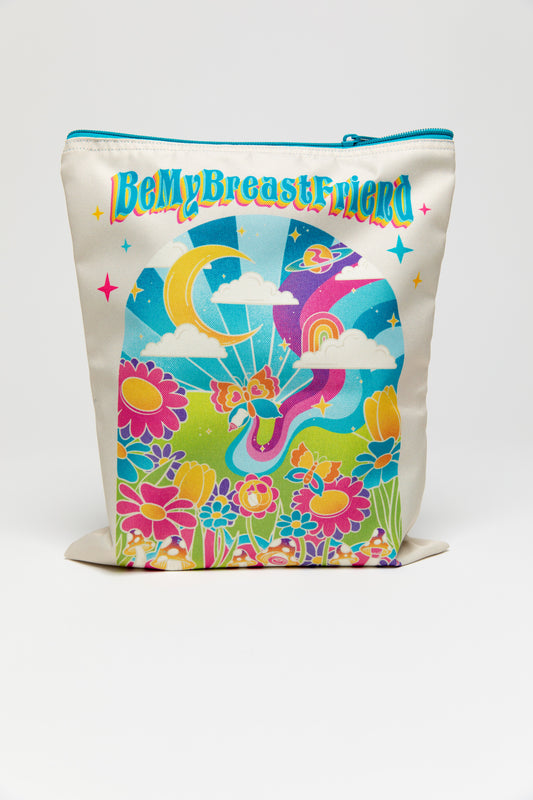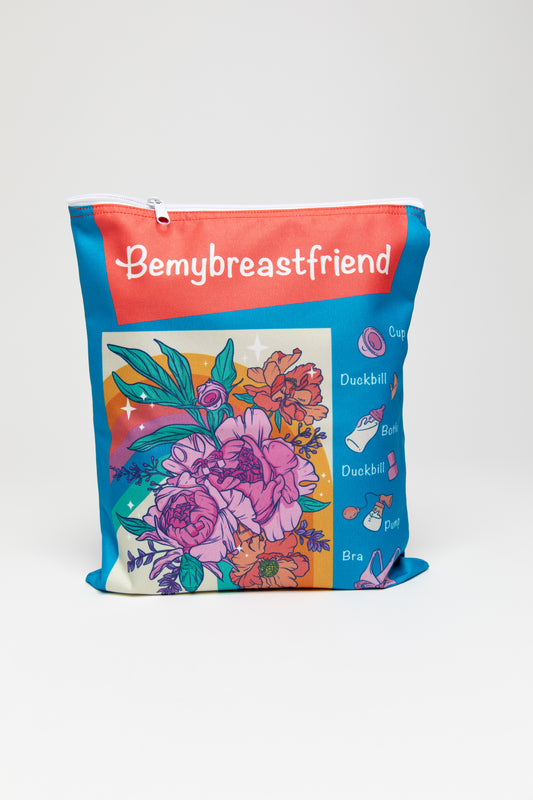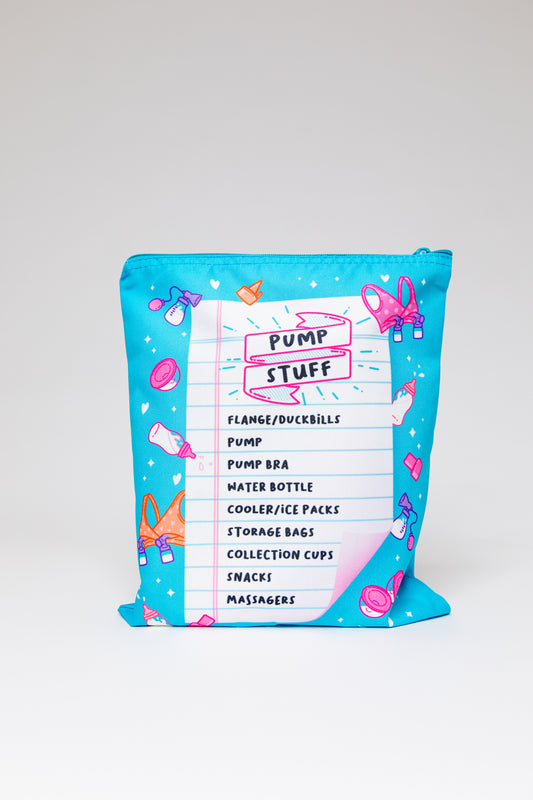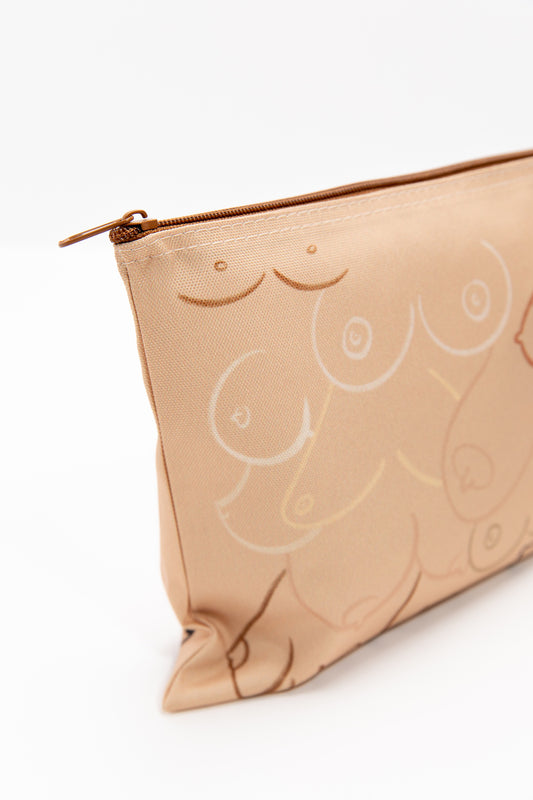
Disclaimer::: first and foremost this information IS NOT to scare you away from freezing and feeding. Please do not read this info then toss your “old” milk. I for one, have fed frozen breastmilk well over 12 months old and no harm has come from it. The fact of the matter is that nutrients are lost over time but basic principles of freezing dictate that frozen foods (kept at 0degrees) are safe indefinitely from bacterial contamination & may experience possible changes in milk quality (ABM Protocol #8)
⠀
The intention of this shared information is to advise OPTIMAL thawed milk usage. This said, 6 weeks post freezing shows the same nutrient levels and characteristics of freshly pumped milk.
⠀
Next on the list would be 90 days or 3 months. When thawed and tested it was shown that there was a decrease in fat, proteins and calories. Vitamin E levels appeared to be stable whereas vitamin C levels decreased between 1-5 months. However there is limited research on how freezer storage affects vitamins and minerals in breastmilk.
⠀
Finally this protocol and study reflect up to 9 month old frozen breastmilk. At this time macronutrients and immunoactive proteins remained unchanged.
⠀
In other words; the sooner fed, the better. However, keep in mind breastmilk does not just “go bad” or expire.
⠀
If you’re considering rotating your frozen milk consider between 6-12 weeks post initial freezing.
AMB Protocol #8
https://abm.memberclicks.net/assets/DOCUMENTS/PROTOCOLS/8-human-milk-storage-protocol-english.pdf
Effects of Extended Freezer Storage on the Integrity of Human Milk
https://pubmed.ncbi.nlm.nih.gov/27423174/

